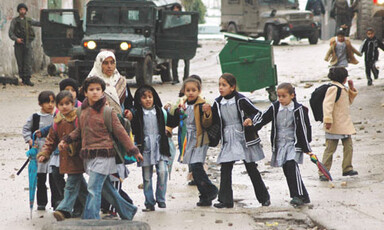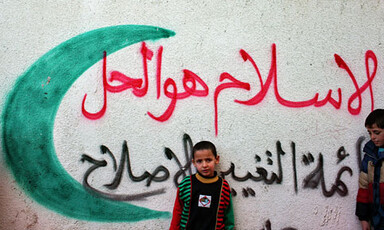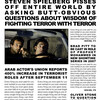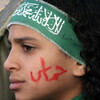
The ongoing betrayal of Palestinian children (1/2)
29 January 2006
The Israeli occupation of the Palestinian territories, dispossession of Palestinian land and properties and discriminatory policies in Israel have hit Palestinian children hard. Recent research of the Palestinian Counselling Centre (PCC) has conclusively established that the wall has had a profound negative impact on the mental health of Palestinian children1 and created a major obstacle to them obtaining an education.2 In this article, Adri Nieuwhof and Jeff Handmaker examine certain violations of children’s rights caused by the formation of the State of Israel and following Israel’s occupation since 1967 and further explore their social and psychological impacts on children. Read more about The ongoing betrayal of Palestinian children (1/2)








